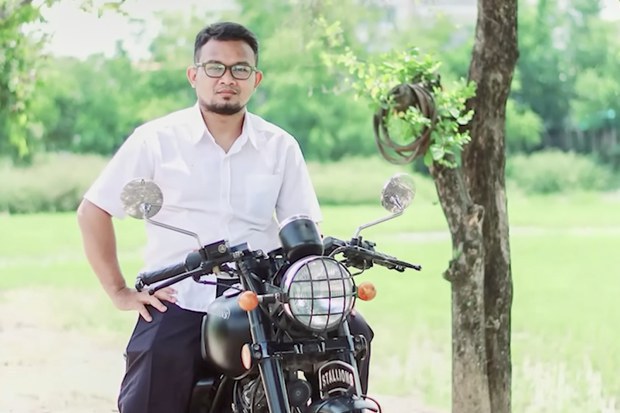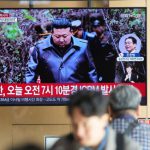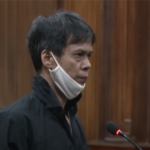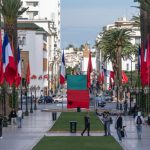
Vietnam on Thursday renewed calls for neighboring Thailand to extradite an ethnic Ede activist it convicted of “terrorism” in absentia, despite concerns that he will face torture or even death if sent back.
The extradition of Y Quynh Bdap, the 32-year-old founder of the group Montagnards Stand for Justice, “is appropriate and aims to ensure that all criminals are brought to justice,” Pham Thu Hang, a foreign ministry spokesperson, said at a press conference in Vietnam’s capital Hanoi.
“Vietnam’s relevant agencies will continue to cooperate with Thai counterparts to handle the case in accordance with the laws of both countries,” Hang said, adding that the activist “directly recruited, incited, and directed the terrorist attack in Dak Lak province on June 11, 2023.”
Bdap was tried in absentia by a Vietnamese court in January in connection with a June 2023 attack on two government offices in Dak Lak province, in southern Vietnam, that left nine people dead. He has always denied involvement.
Vietnam’s claims that the organization he founded to help Montagnards is a terrorist group that helped plan the attack.
On Sept. 30, a court in Thailand’s capital Bangkok ruled that Bdap could be sent back to serve a 10-year prison sentence, following a request by Vietnamese authorities, whose representatives sat in court throughout the trial.
His fate now rests in the hands of the Thai government, which can overrule his extradition.
Non-refoulement
Thailand has a history of cooperating with foreign governments seeking the extradition of activists in spite of its commitment to the international principle of non-refoulement, which prohibits forcing people back to places when there are grounds for believing they would be at risk of “irreparable harm on account of torture, cruel, inhuman or degrading treatment or punishment, or other serious human rights violations.”
Montagnards is a term used to describe members of mainly Christian minority groups who live in Vietnam’s Central Highlands. Bdap’s grandfather, like many Montagnards, worked with the U.S. military that fought alongside South Vietnamese forces in the 20-year war won by North Vietnam in 1975.
Bdap first fell foul of the authorities in 2012, detained for five months without access to a lawyer and pressured to sign an agreement to abandon Protestantism. He ignored the threats but, after years of intimidation, fled with his family to Thailand in 2018, hoping for more freedom as a refugee.
In spite of that status being recognized by the U.N. High Commissioner for Refugees, or UNHCR, Thailand has not ratified the 1951 refugee convention, which outlines the legal protection, rights and assistance a refugee is entitled to receive.
In January, following pressure from Vietnam, Thai police arrested Bdap and sent him to court for a judge to consider the extradition case and an accusation he overstayed his visa.
On Oct. 9, several international human rights organizations held a press conference at the Foreign Correspondents’ Club of Thailand to discuss the Thai Criminal Court’s ruling that Bdap could be extradited and related human rights concerns.
A week later, U.N. independent experts and special rapporteurs issued a media release, expressing their grave concerns about the Thai court’s decision and urged the Thai government to reconsider.
Translated by Anna Vu. Edited by Joshua Lipes and Malcolm Foster.
By:RFA











